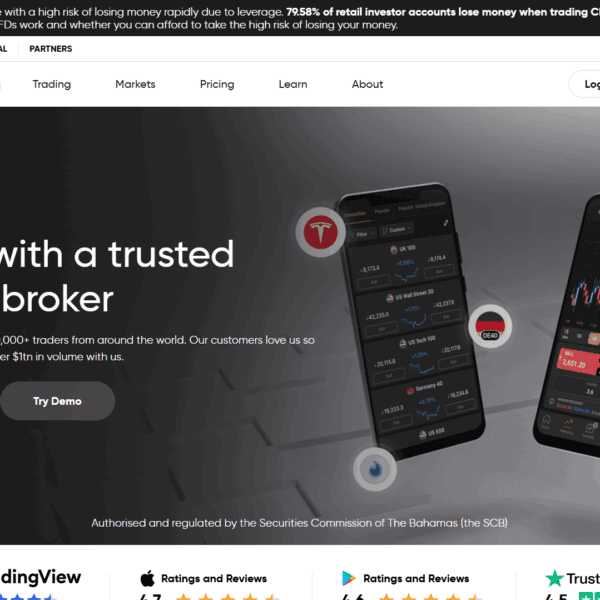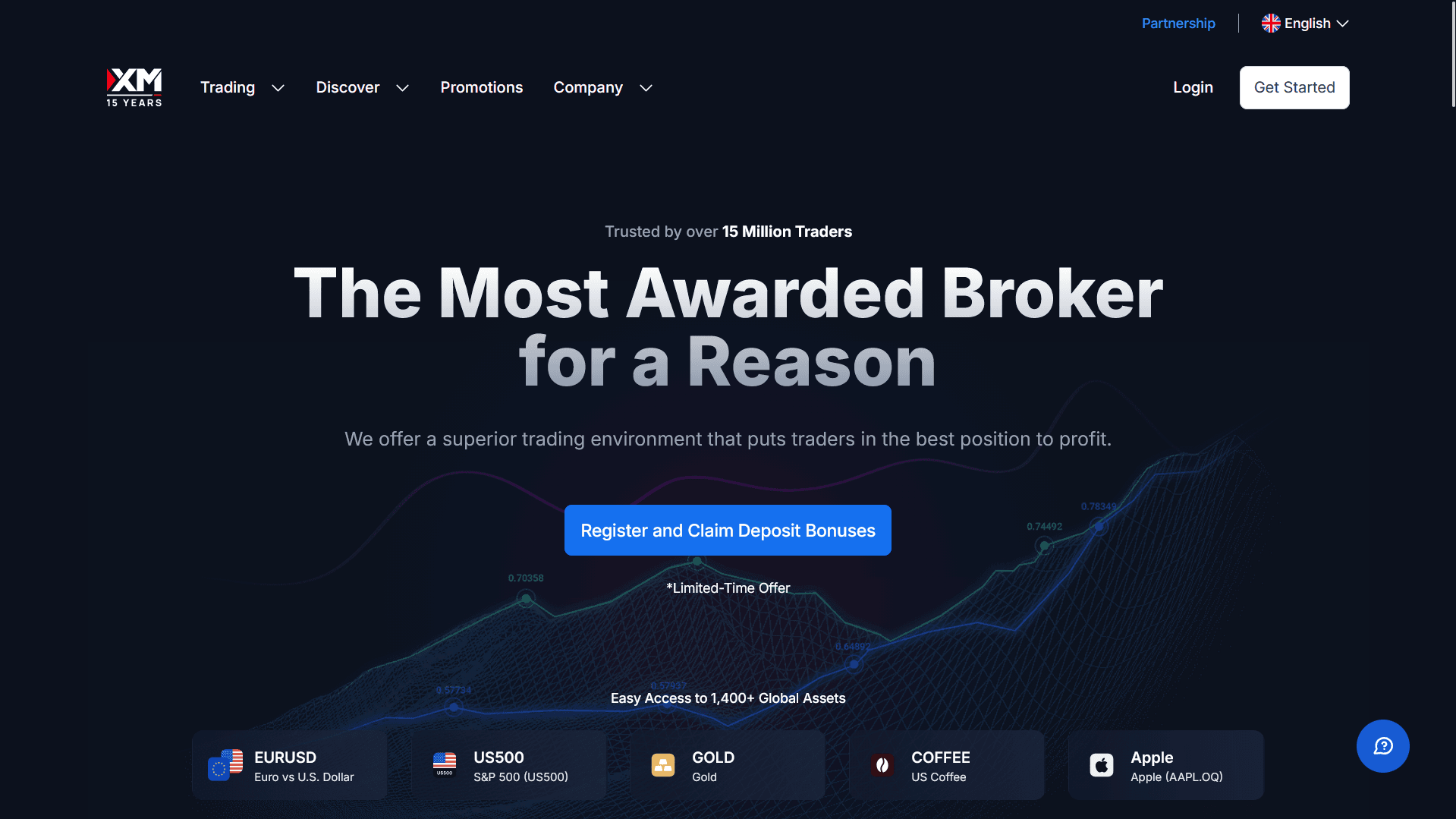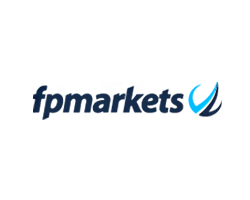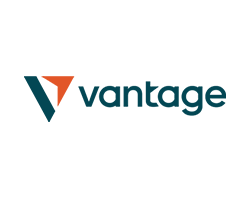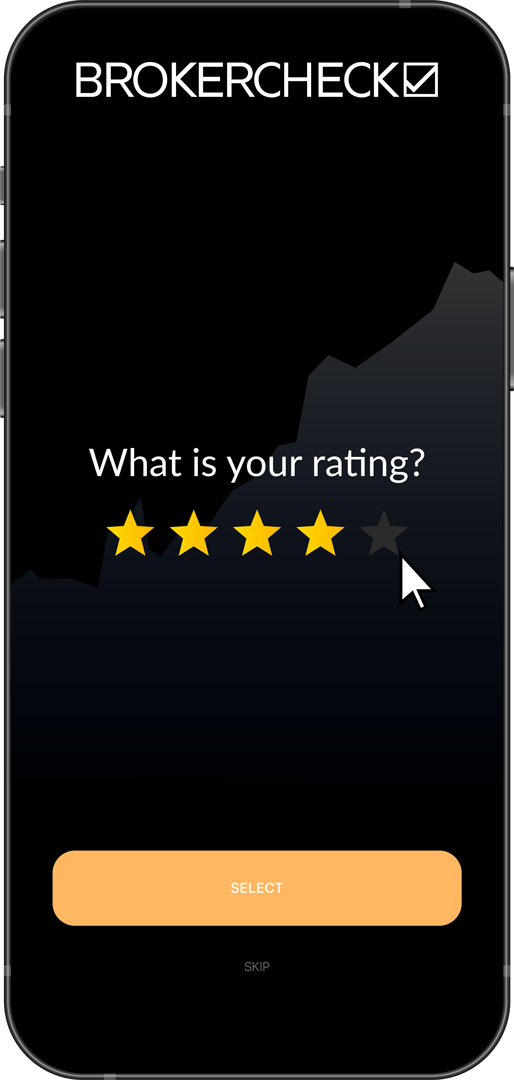Why you should read this article
The world of forex trading is a vast and complex landscape that offers a wealth of opportunities for traders. However, navigating this landscape can be a daunting task, especially for those who are new to the field. One of the most critical decisions a trader has to make is choosing the right forex broker.
A forex broker acts as a bridge between the trader and the currency market. They provide the platform for buying and selling currencies and offer various trading tools to help traders make informed decisions. The right broker can significantly impact a trader’s success by providing a reliable trading platform, competitive spreads, and excellent customer service.
However, not all brokers are created equal. The forex market is highly competitive, and brokers can vary significantly in terms of their reliability, the services they offer, and their fee structures. Therefore, choosing the right forex broker is not a decision to be taken lightly. It requires careful consideration and thorough research.
In this article, we will guide you through the process of choosing the right forex broker. We will discuss the key factors to consider, including broker ratings, payment methods, regulatory status, and office location. By the end of this guide, you should have a clear understanding of how to select a forex broker that best suits your trading needs and goals.
Understanding Forex Broker Ratings
Forex broker ratings are a crucial tool for traders when deciding which broker to choose. These ratings are typically based on a variety of factors, including the broker’s reliability, the quality of their trading platform, the competitiveness of their spreads, the range of available assets, and the quality of their customer service.
The broker ratings on BrokerCheck are a score out of a maximum 5 stars. A higher rating generally indicates a more reliable and higher-quality broker. However, it’s important to understand that these ratings should not be the sole factor in your decision-making process. They should be used in conjunction with other information about the broker, such as their regulatory status and the specific services you are looking for.
The significance of broker ratings lies in their ability to provide a snapshot of a broker’s overall performance and reliability. They can help traders quickly compare different brokers and narrow down their options. However, it’s also important to look beyond the ratings and do your own research. For example, you might want to read reviews from other traders, check the broker’s regulatory status, and test out their trading platform yourself.
In the following sections, we will delve deeper into the specific factors that you should consider when choosing a forex broker, including payment methods, regulatory status, and office location. By understanding these factors and how they impact a broker’s overall performance, you can make a more informed decision and choose a broker that best fits your trading needs and goals.
Key Factors to Consider
When choosing a forex broker, there are several key factors that you should take into account. These factors can significantly impact your trading experience and profitability. Let’s delve into each of these factors in more detail:
- EUR/USD Spread: The spread is the difference between the buy and sell price of a currency pair. For example, in the case of EUR/USD, a lower spread means that the cost of trading is lower. Brokers with lower spreads are generally more cost-effective, especially for frequent traders.
- Dax Spread: The Dax Spread refers to the spread on the DAX index, which is a blue-chip stock market index consisting of the 30 major German companies trading on the Frankfurt Stock Exchange. If you plan to trade this index, you should consider the Dax Spread offered by the broker.
- Regulation: Regulation is a critical factor to consider. A regulated broker is overseen by a financial authority, ensuring they adhere to strict standards designed to protect traders. It’s always recommended to choose a broker regulated by a reputable authority such as BaFin, ASIC or FCA.
- Platform: The trading platform is your gateway to the forex market. It should be user-friendly, stable, and packed with all the necessary tools and features for effective trading. Some popular platforms include MetaTrader 4, MetaTrader 5, and WebTrader.
- Available Assets: The number and variety of available assets can impact your trading strategy. Some brokers offer hundreds of different assets to trade, including forex, commodities, indices, and stocks. Make sure the broker offers the assets you are interested in trading.
- Leverage: Leverage allows you to trade larger amounts than your account balance. While it can increase potential profits, it also comes with a higher risk of losses. It’s important to understand how leverage works and to use it responsibly.
- Office Location: The location of the broker’s office may be important for regulatory and legal reasons. Additionally, it can also affect the quality of customer service, especially if you prefer face-to-face interaction or local support.
By considering these factors, you can make a more informed decision and choose a forex broker that best suits your trading needs and goals.
Choosing a Broker Based on Payment Methods
One of the often overlooked aspects when choosing a forex broker is the payment methods they accept. The way you deposit and withdraw your funds can significantly impact your trading experience. It’s important to choose a broker that offers payment methods that are convenient, secure, and cost-effective for you.
- Brokers Accepting Credit Cards: Credit cards are a popular payment method due to their convenience and speed. Most brokers accept major credit cards like Visa, Mastercard, and Maestro. When choosing a broker, ensure that they accept your preferred credit card and that they have secure systems in place to protect your financial information.
- Brokers Accepting PayPal: PayPal is a widely used online payment system that offers fast and secure transactions. It’s a good option if you want to keep your banking information separate from your trading account. Not all brokers accept PayPal, so if this is your preferred payment method, make sure to check whether the broker supports it.
- Brokers Accepting Bitcoin: With the rise of cryptocurrencies, more and more brokers are starting to accept Bitcoin as a payment method. Bitcoin transactions can offer greater privacy and are free from the control of central banks. However, they can also be more volatile and less secure than traditional payment methods. If you prefer to use Bitcoin, look for brokers that accept it and have robust security measures in place to protect your funds.
Remember, the payment method is not just about convenience. It’s also about cost. Some payment methods may involve transaction fees, which can add up over time and eat into your trading profits. Always check the broker’s fee structure for your chosen payment method before you start trading.
Considering Regulatory Status
Regulatory status is a crucial factor to consider when choosing a forex broker. A regulated broker is one that is registered and overseen by a recognized financial regulatory body. This regulation is designed to protect traders and ensure that brokers operate in a fair and transparent manner.
The importance of choosing a regulated broker cannot be overstated. Regulated brokers are required to adhere to strict standards of conduct, which include maintaining adequate capital, segregating client funds from their own, providing transparent pricing, and treating clients fairly. If a broker fails to meet these standards, they can face severe penalties, including losing their license.
Furthermore, many regulatory bodies operate compensation schemes that can provide a level of protection for your funds if the broker becomes insolvent. For example, in the UK, the Financial Services Compensation Scheme (FSCS) can compensate traders up to £85,000 if a regulated broker goes bankrupt.
When it comes to finding brokers regulated in the European Union (EU), you can usually find this information on the broker’s website. Look for mentions of regulatory bodies such as the Cyprus Securities and Exchange Commission (CySEC), the Financial Conduct Authority (FCA) in the UK, or the Bundesanstalt für Finanzdienstleistungsaufsicht (BaFin) in Germany.
You can also verify a broker’s regulatory status by visiting the website of the relevant regulatory body and searching for the broker’s name in their register. This can provide you with peace of mind that the broker is indeed regulated and that they are authorized to provide forex trading services.
Conclusion
Choosing the right forex broker is a pivotal step in your trading journey. This decision, influenced by factors like broker ratings, payment methods, regulatory status, and office location, can significantly shape your trading experience and profitability.
BrokerCheck’s Comparison Table simplifies this process by allowing you to filter and sort brokers based on fees, ratings, and other key parameters. This user-friendly tool provides a snapshot of each broker’s performance, helping you make an informed decision quickly and efficiently.
Remember, a well-chosen broker not only enhances your trading experience, but also paves the way for success in the forex market. Use the BrokerCheck Comparison Table to find a broker that aligns with your trading needs and goals.




